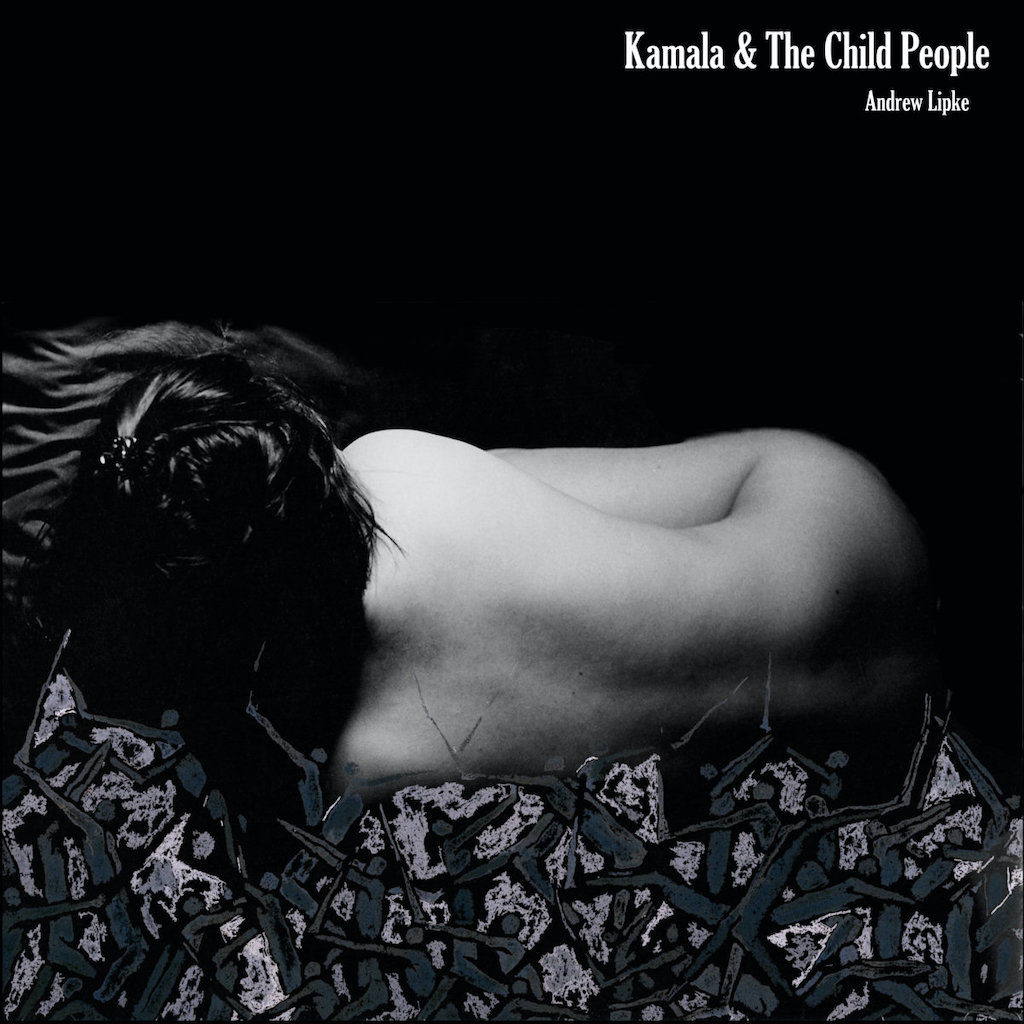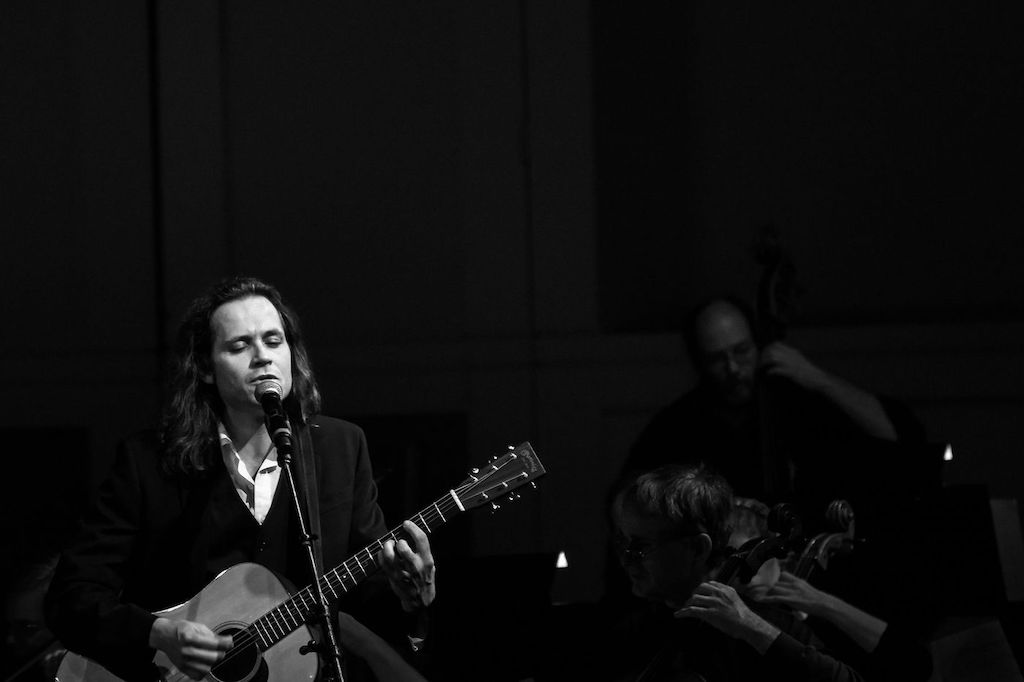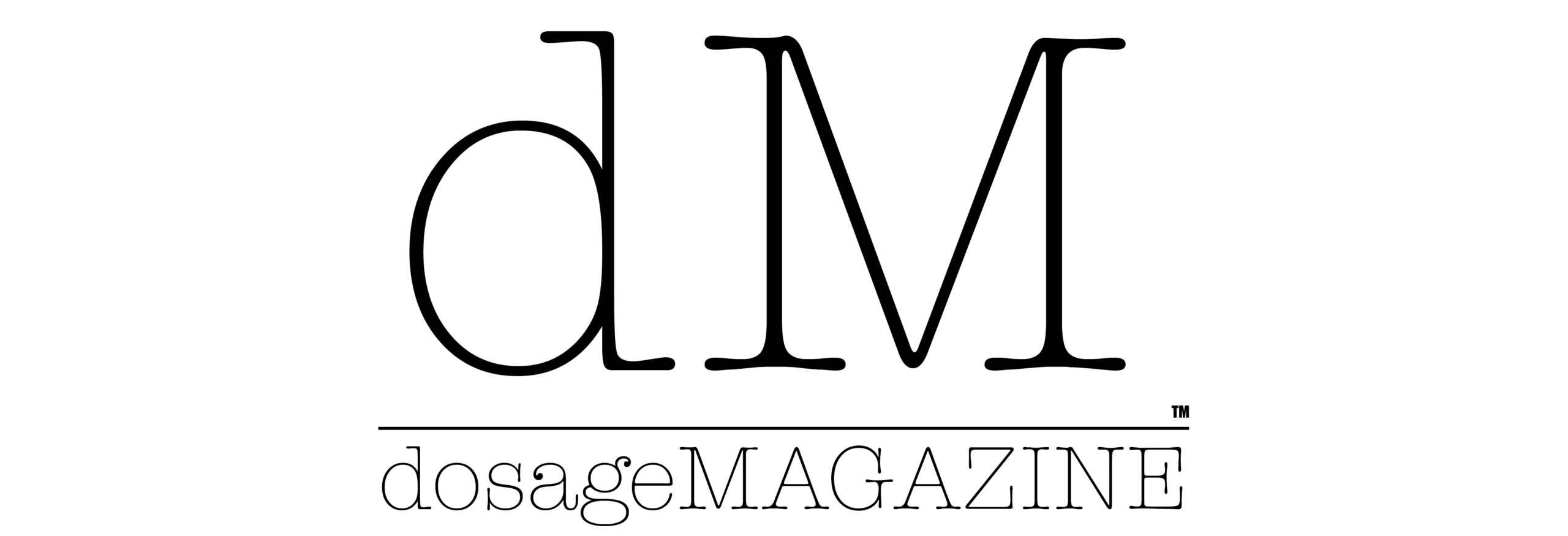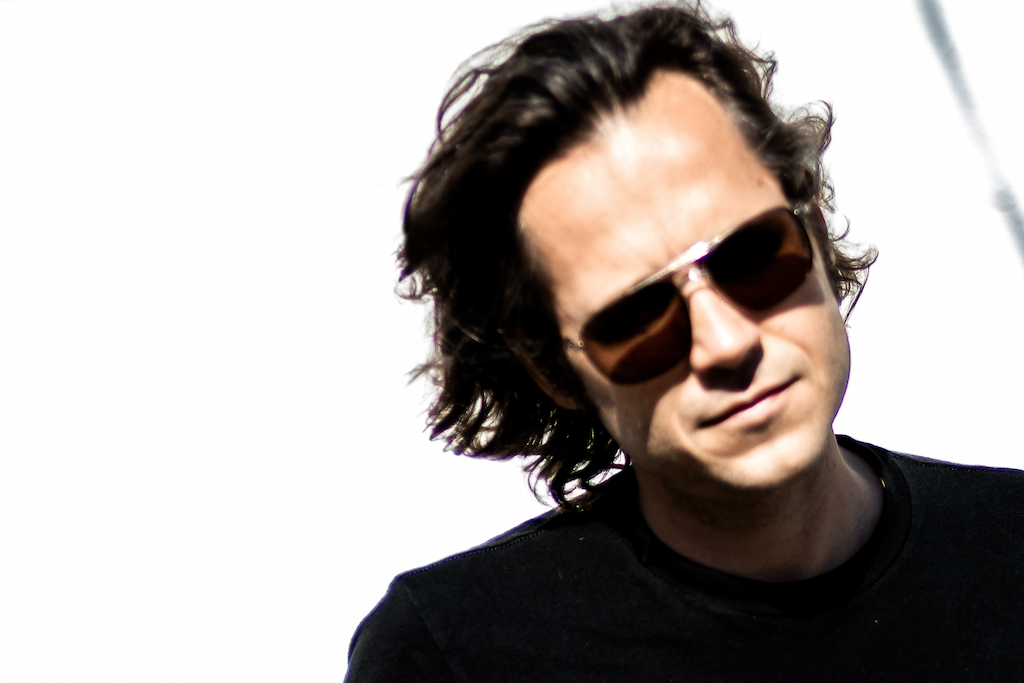Philadelphia singer-songwriter and arranger Andrew Lipke is a fascinating guy – a South African born multi-instrumentalist with a melodic/harmonic sensibility that would make McCartney green with envy, and an ear for rich, but angular arrangement and orchestration just south of Gil Evans and just north of shimmering. Though he has been tagged with being a practitioner of chamber pop and having formed Azrael String Quartet to perform his album, 2011’s “The Plague” one would hardly have called that album or 2012’s work “Siddiqah” (choreographed by The Columbus Dance Theatre), pop per se. He composed a punk rock score for the EPIX film “Back Issues: The Hustler Magazine Story,” and was beloved for his longtime position in the internationally renowned always-in-demand Get the Led Out, the Led Zeppelin cover band, to focus on his children and his solo career.
Using Albert Camus and Hermann Hesse as starting points for smartly constructed lyrics and gorgeously orchestrated melodies, Lipke once told me that, “I wanted to create something based on Siddhartha since I was 16 — opera, stage play — that would combine a number of different approaches that reflect my particular aesthetic. Or maybe peculiar is a better word?” he said with a laugh. “Either way I wanted it to serve as a way to do all the things I love — compose, arrange, produce, record, perform — while still staying true to the initial impulse I felt many years ago.”
In what is, perhaps, the busiest month of his career, the release of his long time solo project “Kamala & The Child People” (which explores themes from Herman Hesse’s novel Siddhartha) comes out just in time to meet up with the just-released “Songs from The Quarantine,” a collection of five new tracks written during his and his family’s social isolation and featuring his daughters Arabelle and Scarlett singing lead vocals on “Bored.”

While he views “Songs from Quarantine” as a work in progress (so too is “Kamala,” when you consider its potential to be a full-bore opera), Lipke also drops the occasional (now) homemade video on his YouTube channel for fun.
We caught up with each other yesterday afternoon.
A.D. Amorosi: What can you tell me about your sense of orchestration – its colors and influences – that went on to spur the “Siddhartha” project?
Andrew Lipke: In a narrative work like my “Siddhartha” project, to me, orchestration is trying to find a sound that connects to the specific energy of a character, theme, or concept. When I’m dealing with notes on paper, and actual instruments and instrumentalists, or vocalists other than myself, I’m limited by the specifics of the instrument – range, mechanics, technical difficulties, etc. But I am also informed and inspired by the same limitations. And I also have the emotional intelligence and artistry of the musician performing the music to bring something new and essentially out of my control to the sound. So it’s an incredibly thrilling process to hear someone interpret your work. In that world, I’m influenced by the composers I love so dearly – Wagner, Mozart, Beethoven, Tchaikovsky, Bach, etc. Conversely, when I’m dealing with something “in-the-box” and can alter whatever sound I’m working on to my heart’s content until I feel it captures what I’m going for the process is just as thrilling but very different. In the former, I almost always develop a strong mental “sound-image” of what I want from the instrumentalists/vocalists whereas in the latter I’m often experimenting with knobs and buttons and various graphic interfaces to see what sounds are possible. The sound world of my “Siddhartha” project is pretty focused though, as different harmonic progressions, melodies, timbres, instruments, and voices represent different aspects and characters of the story.
A.D. Amorosi: We’ve talked about this “Siddhartha” project for years. How long has the process been sucking in its marrow… writing and recording it?
Andrew Lipke: I don’t really know the ‘why’ to “Siddhartha,” other than I knew I wanted to write music connected to this story at some point from the age of 18 or so. Back then I thought it would be an opera, and perhaps in a way it still is…or at least will be when it’s finished. I started working on this project almost 10 years ago, but have done many other things during that time and don’t feel any real rush to complete it. I think there are either one large or two smaller pieces left to write/record before it will be complete. I have some of that music already written, but there are holes that need to be filled as well. There are a number of things I’m going for with this project that make it a bit of a challenge – although I clearly enjoy making things complicated for myself:
• I want the work to be able to flow as one piece when it’s done, but I also want each individual “song” to be able to stand alone as much as possible.
• I want the work to follow the narrative chronologically but not be a “musical” or “music-drama.” I want the passage of time in the story to be “felt” as opposed to being explained lyrically. Each song is a snapshot in the narrative that on its own is something that could potentially be more universal, more open to interpretation.
• I want the work to have a DNA of sorts that all the music within it shares.
• There are a dozen or so themes, basically Letimotifs, that I want to create a multitude of inner relationships with and have them go through their own little narratives and relationships.

A.D. Amorosi: Somewhere along the graph, as “Kamala” is readying release, up comes your “Quarantine” songs. I know why we’re all quarantined. How long before you pushed the “record” button?
Andrew Lipke: I didn’t know this would be an album 7 weeks ago! Oh, God! it’s been 7 weeks! The Monday that the quarantine began I thought, well, maybe I can use this time to finish some snippets and ideas I had that I hadn’t gotten around to finishing, and since I thrive on human interaction (most of the time) perhaps invite folks to be a part of the process. That was how a few of the songs got created/finished. But then I also just found myself wanting to write music that I wanted to write with no expectation. And in contrast to the ultra-specific, super OCD nature of my work on the Siddhartha project, I decided to just put stuff out there…. write a song, record it, and release it on the same day, not ponder too much. I also saw it as a chance to let my various inclinations run wild – Broadway, folky, disco, whatever – so that’s what I did and am continuing to do. My family and I live in Fishtown and I have a studio in my basement, so I really have no excuse not to be making stuff, and if I’m making it I might as well share it! Honestly, I’m not sure if I’ll stop even when we’re allowed to play with each other again as it’s all quite fun and oddly liberating. But hopefully, I’ll have some sort of gainful employment again somewhere down the line which will once again occupy a bit of my time. But until then I’ll keep adding songs to “Songs From The Quarantine”. There’s a Philip Glass-Esque minimalist piano thing with recordings my friend sent me of his ten-year-old son talking about plagues and various human calamities layered on top that I need to clean up and add sometime this week. And another short number sung by my daughter Arabelle called, “I Miss My Friends”. Who knows, maybe I’ll stop at 19 songs just to be cheeky.
About Post Author
Discover more from dosage MAGAZINE
Subscribe to get the latest posts sent to your email.


